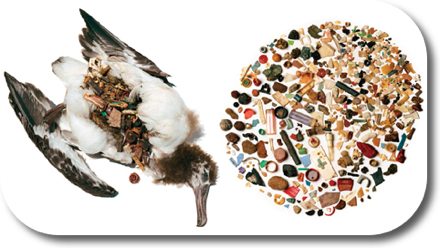Archive for the ‘Biology’ tag
Where are the Honeybees?
A couple of weekends ago I went with my girlfriend on a long guided tour through a forrest. We spent a few hours wondering around and exploring what’s crawling and living there: little bugs that are quite strong, different growing stages of trees, fungi and other living beings on dead trees. It turned out that the guy who gave the tour was a beekeeper. He made some delicious honey, trying to put a bee colony or two in the center of an area where mostly a certain type of tree grows. Say a kind of wild cherry tree. Then he sold that essentially authentic honey to us for a few Euros per 500g glass.

Honey - a delicious natural product!
A few things came to my mind: a) real honey is delicious and b) I have noticed quite a few insects this year (it’s warm and relatively moist), but very few honey bees. The cherry tree in our garden had extremely many flowers, but only about a quarter of the flowers turned into actual cherries.
I talked to some people, and after I asked them they all agreed, that they have noticed very few bees around this year. I started to look a bit around and found this scary blog post from “bootstrap analysis”: There is a pesticide called clothianidine, which is sold by the brand “Poncho” by Bayer, that is linked to the deaths of honeybees in 11,500 colonies. In early June, Germany halted the sale of Poncho, but in July the ban was lifted. There are similar other pesticides still on sale and being used, in Germany and in other parts of the world.
This is not directly linked to water (yet). But who knows the pathways? I guess reading “Silent Spring” is not enough. But what can you do? Not buy the corn that was planted using Bayers chemicals?
Update 27. August 2008: bootstrap analysis published an update on related pesticide issues and how we don’t learn from history
Reindeer Herders Experience Abnormal Weather Patterns
The independent has a little text for one example that demonstrates how the climate is changing: Reindeer herders in northern Scandinavia see in their daily lives how fast climate changes, and how they experience weather types that they have never experienced at the given times of the year, rain in winter, f.ex.
Acid Rain Intensifies Threat To Marine Life
Human-generated carbon dioxide in the atmosphere is slowly acidifying the ocean, threatening a catastrophic impact on marine life. And just as scientists are starting to grasp the magnitude of the problem, researchers have delivered more bad news: Acid rain is making things worse.
read more | digg story
Plastic in Albatross
One topic in the last post was how oceans are garbage-dumps. This morning I found a picture that visualizes that quite impressively:

From treehugger.com:
Cynthia Vanderlip, manager of the State of Hawaii’s Kure Atoll Wildlife Sanctuary, cut open the dead body of a fledgling Laysan albatross (nicknamed “Shed Bird”) to find more than half a pound of plastic in its stomach.